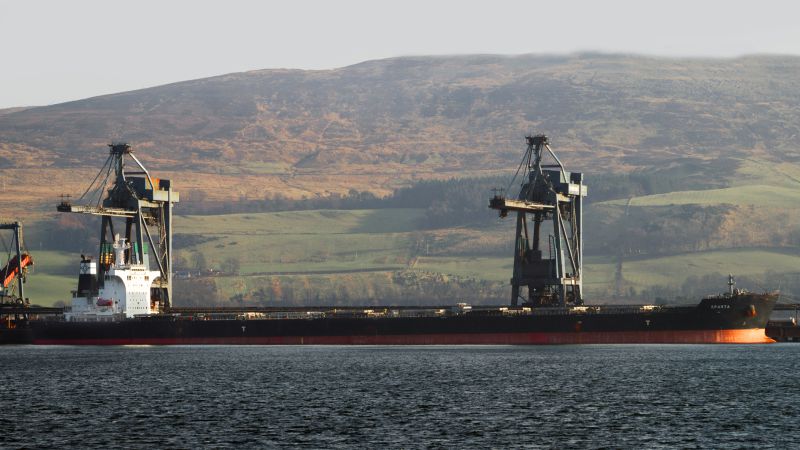Sixth Bulker Arrested in Singapore

On November 12, the Supreme Court of Singapore ordered the arrest of the 180,000 dwt Capesize bulker Sparta. Her arrest was requested by Deutsche Bank, which claims arrears of $80 million.
The Marshall Islands-flagged Sparta was built in 2010 and is currently assessed at $24 million. She owned by Maritime Equity Partners (MEP), a private investment vehicle managed by Peter Georgiopoulos and financed by Lion Cao Private Equity and Oaktree Capital Management.
Maritime Equity Partners was designed to buy vessels at cyclically low values, operate them on time charters, and sell them at a profit upon a future market rebound, according to Lion Cao.
The holding company owns twelve vessels of various sizes, valued collectively at about $150 million.
This is not the first time MEP has found itself in trouble over its debts this year. In July, the publicly traded firm Genco Shipping and Trading – also founded by Georgiopoulos, in 2005 – sued MEP for $1.6 million in management fees. The reason for nonpayment is unclear.
The Sparta is the sixth bulker arrested in Singapore since the beginning of October, following the Archimedes, the Ocean Star, the Mare Traveller, the Alexandrit, and the Maria.
The Sparta is the largest and most valuable of the six ships arrested. AIS data show her in port as of November 16, along with the Alexandrit and Archimedes. The Maria, Mare Traveller, and Ocean Star have since departed.
Other than commonality of vessel type, there appear to be no connections (ownership, registry, or other factors) between the ships arrested.
The bulker market has been persistently weak, with the benchmark Baltic Dry Index index hitting a low of 560 on November 13, down 226 points in three weeks and its lowest point since March. November is usually a good month in the bulk market, indicating more trouble ahead.
Bulker market indices have hit historic lows this year, but in October J.P. Morgan Chase issued a forecast predicting that 2016 may be even worse.
